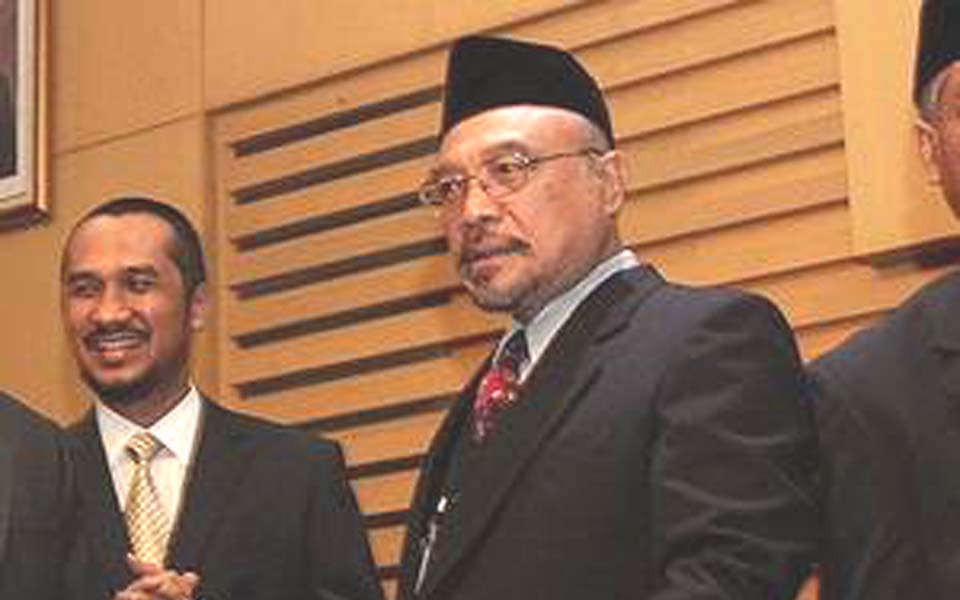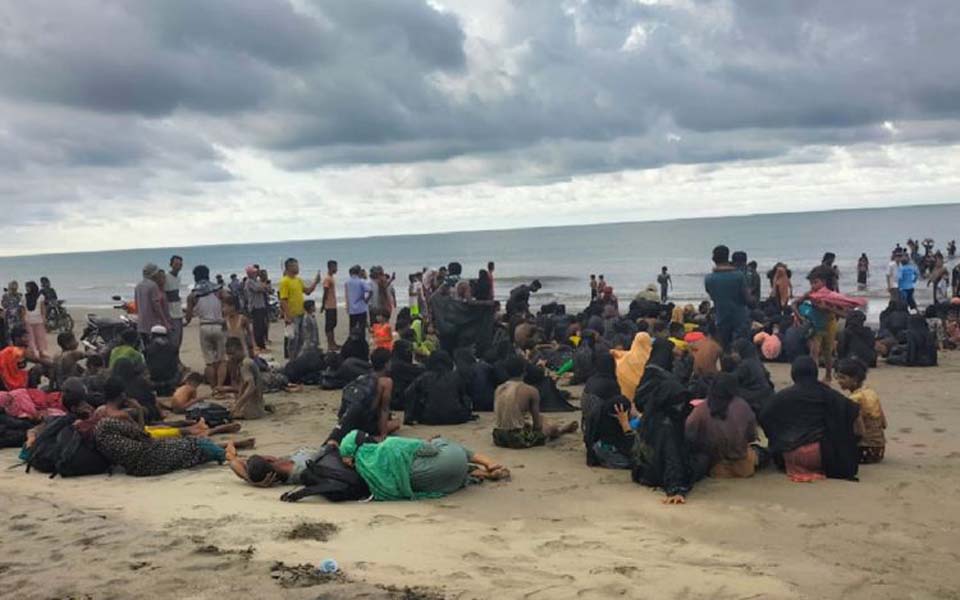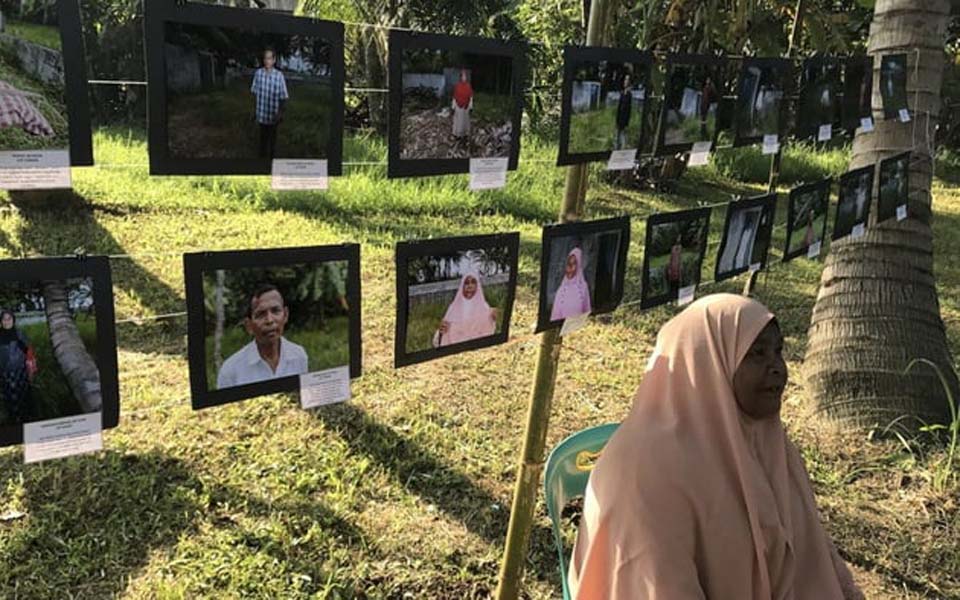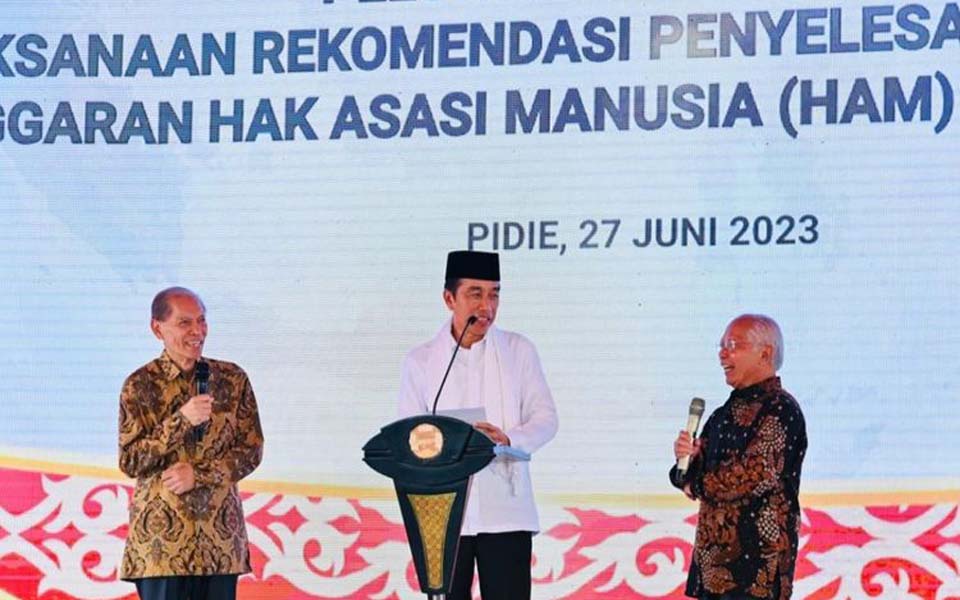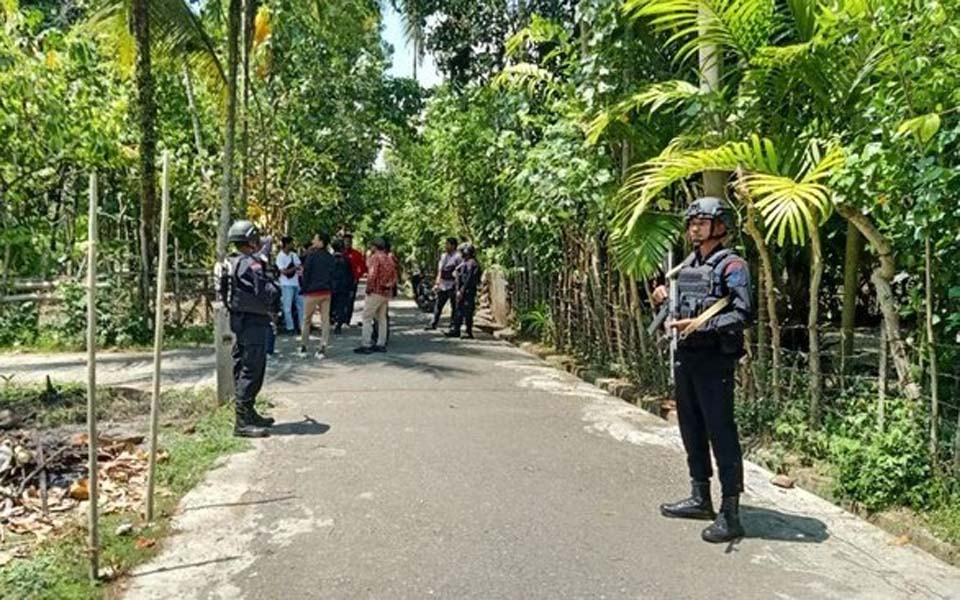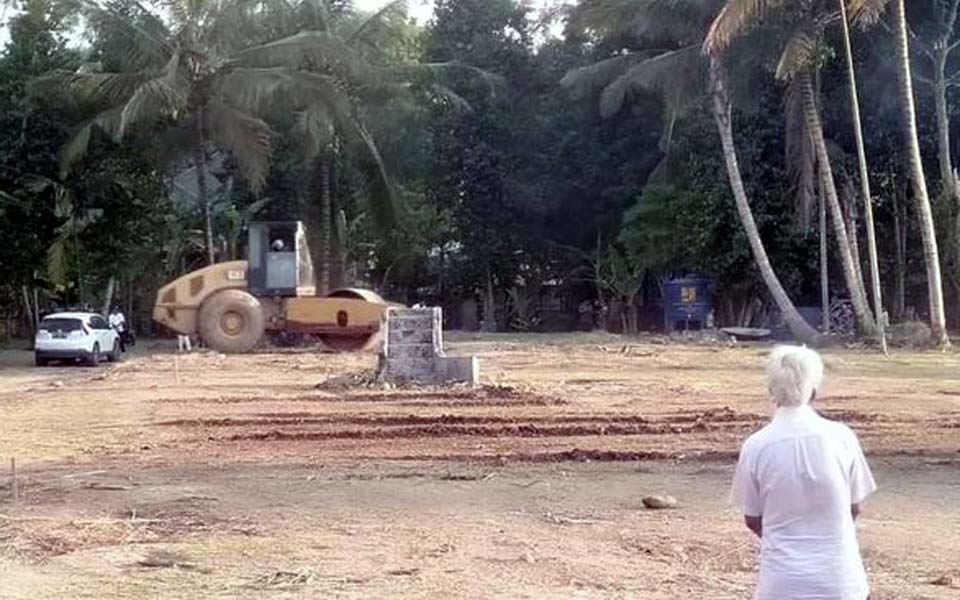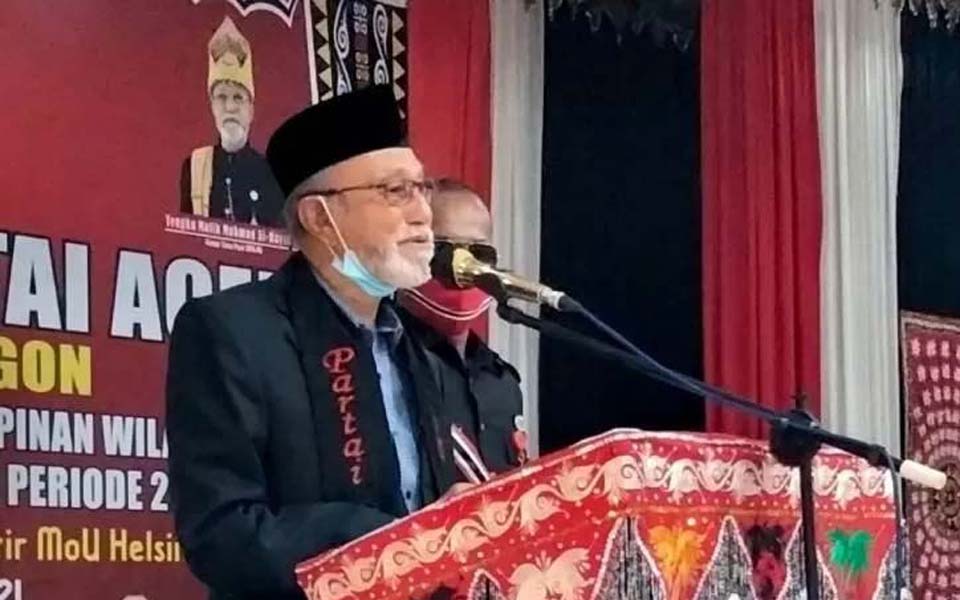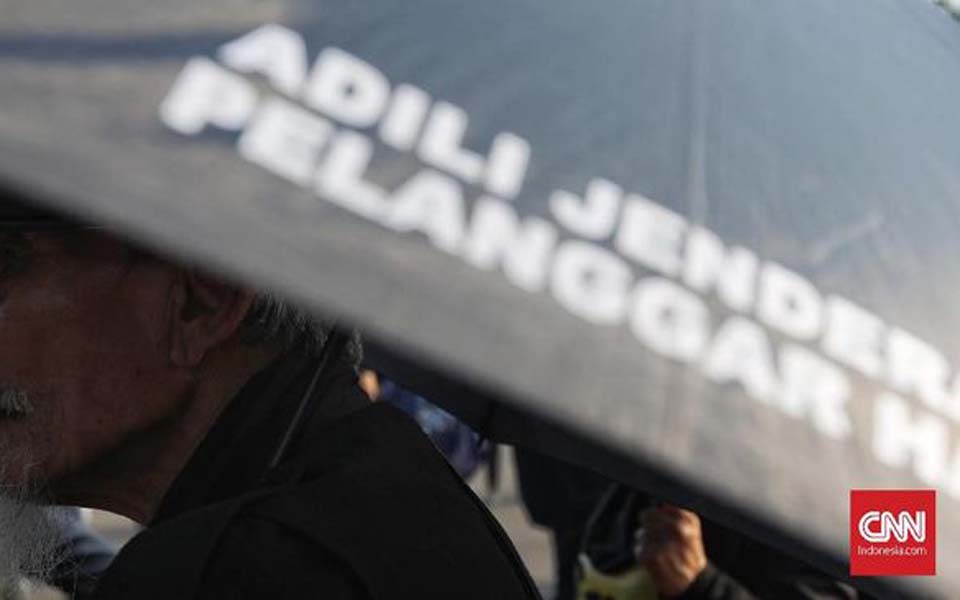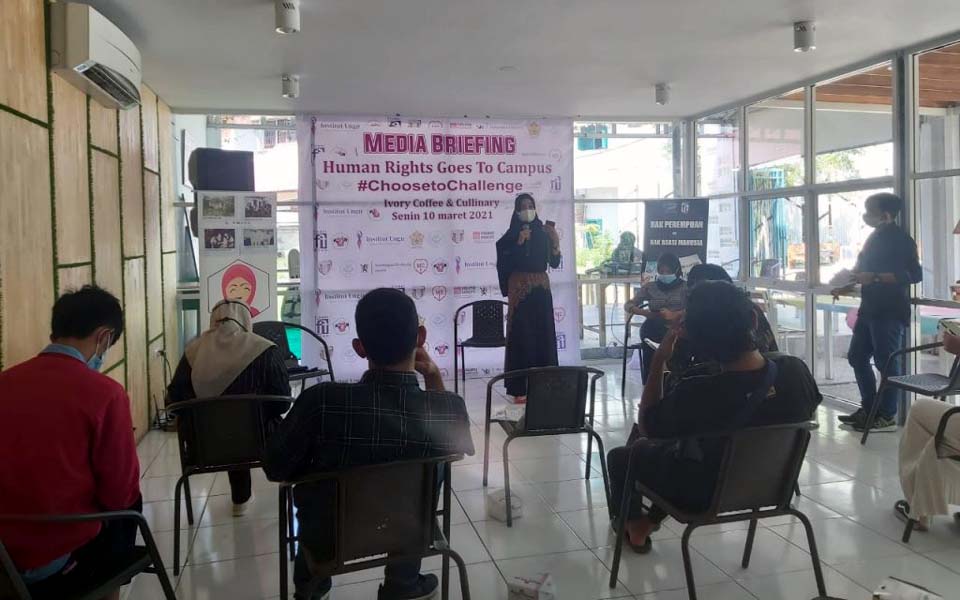Banda Aceh – National Human Rights Commission (Komnas HAM) member MM Billah believes that there is strong resistance from a certain circles against trying the perpetrators of human rights violations in Aceh during the period of armed conflict. In general this resistance is most likely from those groups of people who committed the violations.
“There are strong obstacles in terms of the law and politics. Komnas HAM itself has decided to continue floating this”, said Billah at a joint discussion with victims of the conflict and a number of non-government organisations in the Acehnese provincial capital of Banda Aceh on Monday April 24.
According to Billah, Komnas HAM has already conducted an investigation into human right violations in Aceh during the period of armed conflict. From these reports it was concluded that there are indications that gross human rights violations took place in Aceh during the Military Operation Zone period [1989 to 1998] and the periods when Aceh was under a state of martial law and civil emergency [May 2003 to May 2005]. These reports were handed over to the government in early 2004, “But up until now there has yet to be any follow up on the reports”, said Billah.
Billah said that what is needed at the moment is a strong movement from Acehnese society itself to push law enforcement agencies to follow up reports of human rights violations. A greater level of pressure must be applied in order that the legal process is not neglected. Upholding human rights he said, was also part of the mandate of the Memorandum of Understanding signed by the Free Aceh Movement and the Indonesian Government.
Billah believes that an honest and fair human rights court does not exist yet in Indonesia let alone Aceh. “The obstacle is that not everyone want’s it to be put into effect”, he said.
Khairani, an Acehnese women’s activist, said she believes that many institutions and members of the public are not interested in a human rights court. Aside from social problems and feelings of shame in the case of rapes in Aceh, the public still feels threatened and no legal guidance exists for the public. “It would be very unfortunate if we forget a human rights court in Aceh, it will harm [Aceh’s] future”, she said.
According to Khairani, there are also many who think there is no longer any need to demand justice for human right violations in Aceh because the victims of the conflict have already been incorporated into one of the groups that has received reintegration funds in Aceh.
The head of the Aceh Reconstruction Agency, Usman Hasan denied that the provision of reintegration funds to the public was meant to silence the victims of the conflict and stop them from demanding justice. “The government has an interest in assisting social conflicts, it doesn’t mean that with these funds [the resolution of] human rights [violations] must end”, he said. (AIK)
[Translated by James Balowski.]





